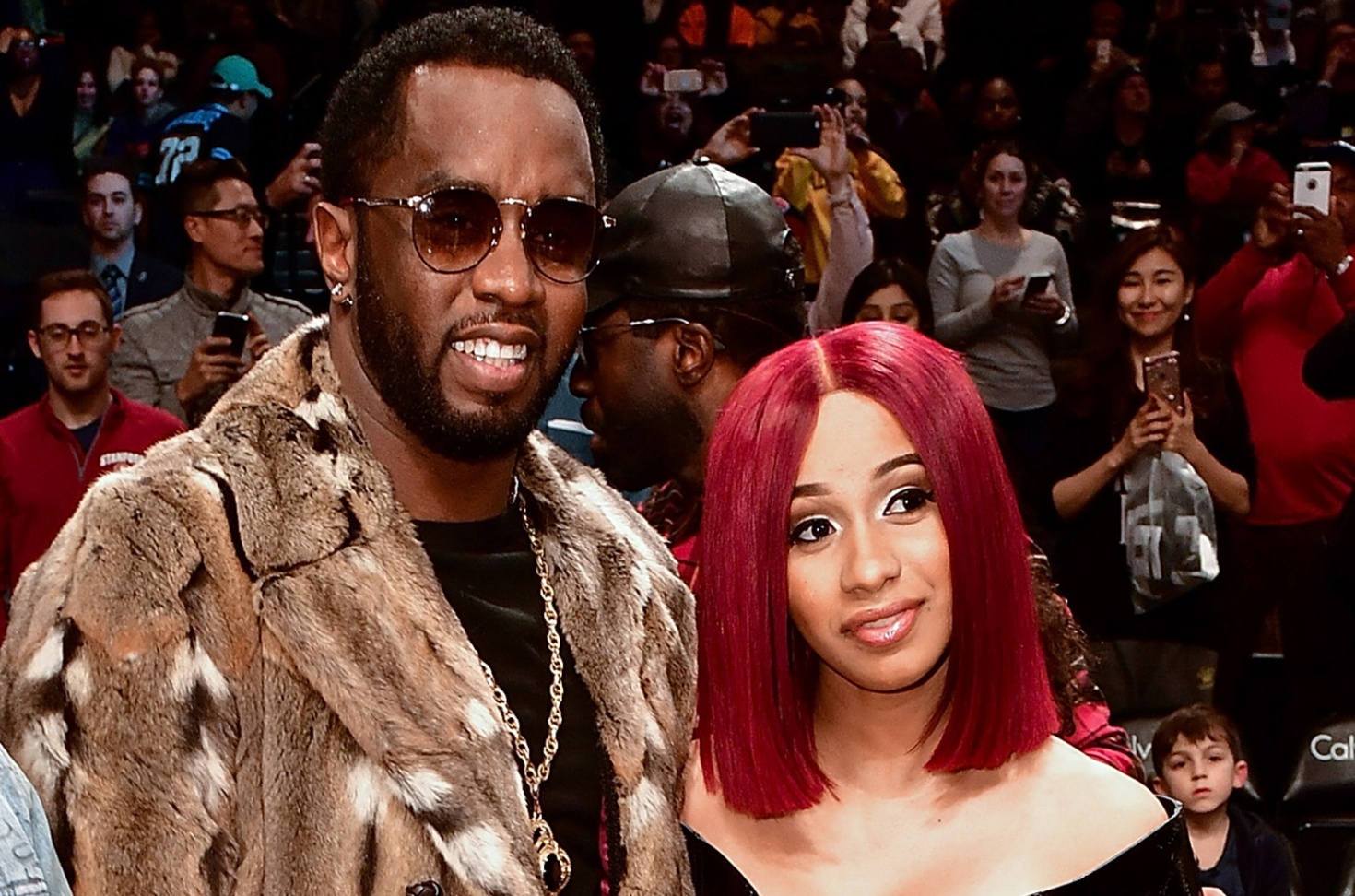In the world of hip-hop and celebrity culture, few names have carried as much influence and mystique as Sean “Diddy” Combs. A mogul, a music icon, and a master of reinvention, Diddy built an empire that spanned beyond music into fashion, media, and even film. However, behind the glittering facade, a darker side of his life has been slowly coming to light—one that involves shocking allegations, disturbing party secrets, and a string of lawsuits threatening to unravel everything he’s worked for.

Recently, a bombshell dropped from none other than Cardi B, who accused Diddy of making harassing propositions at his infamous parties. According to Cardi, Diddy, known for throwing extravagant events, allegedly offered her a large sum of money in exchange for a night with him, a proposition that she firmly rejected. The offer wasn’t just about a party—Cardi claimed that it was all part of Diddy’s manipulation, where he hinted that such an encounter could “boost her career.” This wasn’t an isolated incident. Cardi’s accusations are part of a larger pattern of behavior that paints Diddy in a troubling light.

But before we dive deeper into Cardi’s revelations, let’s take a look at the heart of the matter—Diddy’s so-called “freak-off” parties, which have become infamous for all the wrong reasons. These gatherings, which some insiders describe as debauched spectacles, allegedly involved underage women, heavy drug use, and hidden cameras. The cameras were said to be placed throughout Diddy’s sprawling estates to secretly capture compromising moments involving his high-profile guests. The fact that these events were filled with scandalous activities without the participants’ knowledge only adds to the gravity of the allegations.
In the midst of all of this, there’s another player: 50 Cent, who has vowed to pay top dollar for any footage of these infamous parties. His declaration—“I’ll pay top dollar for those tapes”—only deepens the mystery surrounding Diddy’s gatherings. What secrets could these tapes hold? Could they expose more than what’s already come to light? We know that 50 Cent isn’t one to back down from stirring the pot, and this move further fuels public curiosity about what really went down at these star-studded events.

One thing is clear: Diddy’s reputation is hanging by a thread. Cassie Ventura, his former girlfriend, has accused him of abuse, claiming that he forced her to participate in these parties and even filmed the events without her consent. These claims are chilling, and the fact that they were revealed after Cassie filed a lawsuit only adds to the public’s growing suspicion about Diddy’s conduct. Cassie’s allegations paint a picture of a man who used his power to control and manipulate, trapping those around him in a web of coercion and exploitation.
The public’s reaction to these revelations, however, has been troubling. Instead of focusing on the severity of the allegations, some have reduced the issue to homophobic jokes and sensationalized gossip, particularly when other celebrities like Meek Mill got caught up in the mix. The focus has shifted from the trauma experienced by the victims to the spectacle of the scandal, highlighting a disturbing trend in our culture: the tendency to trivialize serious abuse in favor of entertainment and drama.
:max_bytes(150000):strip_icc():focal(983x524:985x526)/cardi-b-birthday-101324-cb877e3aef184e958d8ad7810ae11518.jpg)
But the story doesn’t end there. Cardi B’s allegations have ignited a firestorm of speculation about Diddy’s dark dealings, and it seems more people are coming forward. Comedian Cat Williams recently claimed that Diddy offered him $50 million for a “Ludia act,” hinting at a broader culture of manipulation and exploitation that goes beyond just Cardi B or Cassie. These revelations show a side of Diddy that is far from the charming, powerful figure we’ve all come to know—his wealth and fame used not just for influence, but for coercion.
As if that weren’t enough, new court documents have revealed that Diddy was allegedly paying young Miami and Daphne Joy—50 Cent’s baby mama—monthly payments for intimate services. These payments only deepen the suspicion surrounding his control over others. Could it be that Diddy’s network of coercion spans wider than anyone realizes? How many others have stayed silent, trapped by fear or shame?